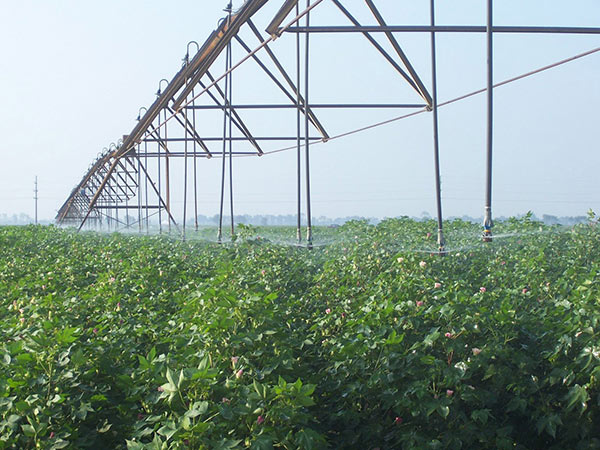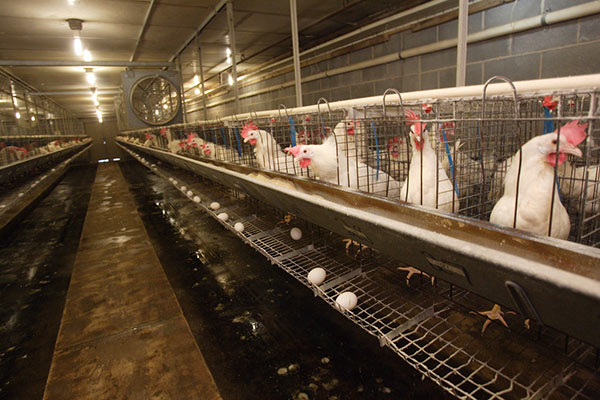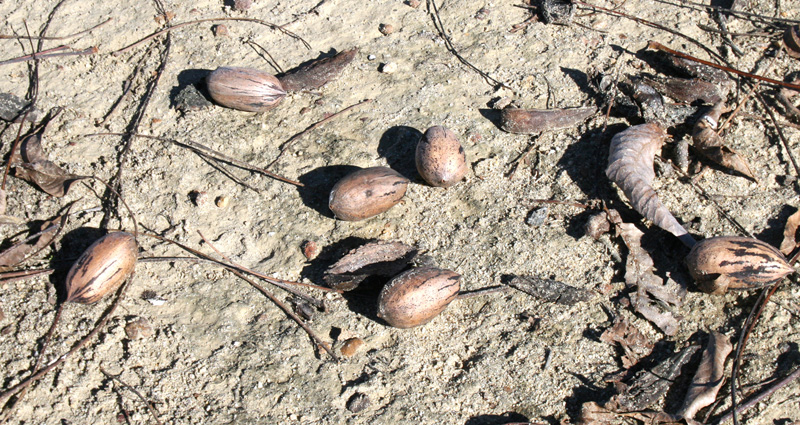

By Jordan Hill
University of Georgia, College of Agricultural and Environmental Sciences
University of Georgia Extension irrigation specialist Wes Porter advises farmers to check their irrigation systems and equipment for any problems before getting in the field this spring.
Irrigation equipment is typically left outdoors, and unused during cold weather. While farmers may expect the equipment to be ready to use the next season, Porter says it’s vital that farmers check their systems at least a few weeks before planting their crops.
“Farmers need to utilize a day or two to run the system to make sure it functions properly,” Porter said.
Irrigation systems that are exposed to freezing temperatures can have busted valves, leaks and flat tires. Porter encourages farmers to check the power units on their systems, too, and to do a preliminary start-up before running their pivots.
“Center pivot irrigation systems are used heavily during the production season, with some potentially being operated continuously throughout the season,” he said. “However, like most equipment, when we have a need for it, we use it. But when we are finished with it for the season, it gets put away and stored until we need it again. Then we expect it to operate perfectly with very little maintenance.”

Maintenance is necessary for all irrigation equipment. The system’s power unit, pumping system, drains and electrical systems need to be checked and cleaned before being used. When checking the electrical system, it’s important to be cautious. To avoid serious injury, growers should touch the panel box with the back of their hand to make sure the box is not electrified.
After a preliminary start-up check is completed, an operating check is needed to ensure the system functions properly. Farmers should check the pressure, flow, sprinklers, end gun and booster pump, drain valves, alignment and regulators on their systems, according to Porter.
“The main purpose of checking irrigation systems is to save farmers time,” Porter said. “The worst thing farmers can do is plant a crop and not test their equipment.”
If not checked, systems may work incorrectly, causing farmers to lose valuable time and yield potential. Porter is currently working on a checklist to distribute to farmers that will show them what equipment to check and how to check it.
(Jordan Hill is an intern with the College of Agricultural and Environmental Sciences.)






Be the first to comment